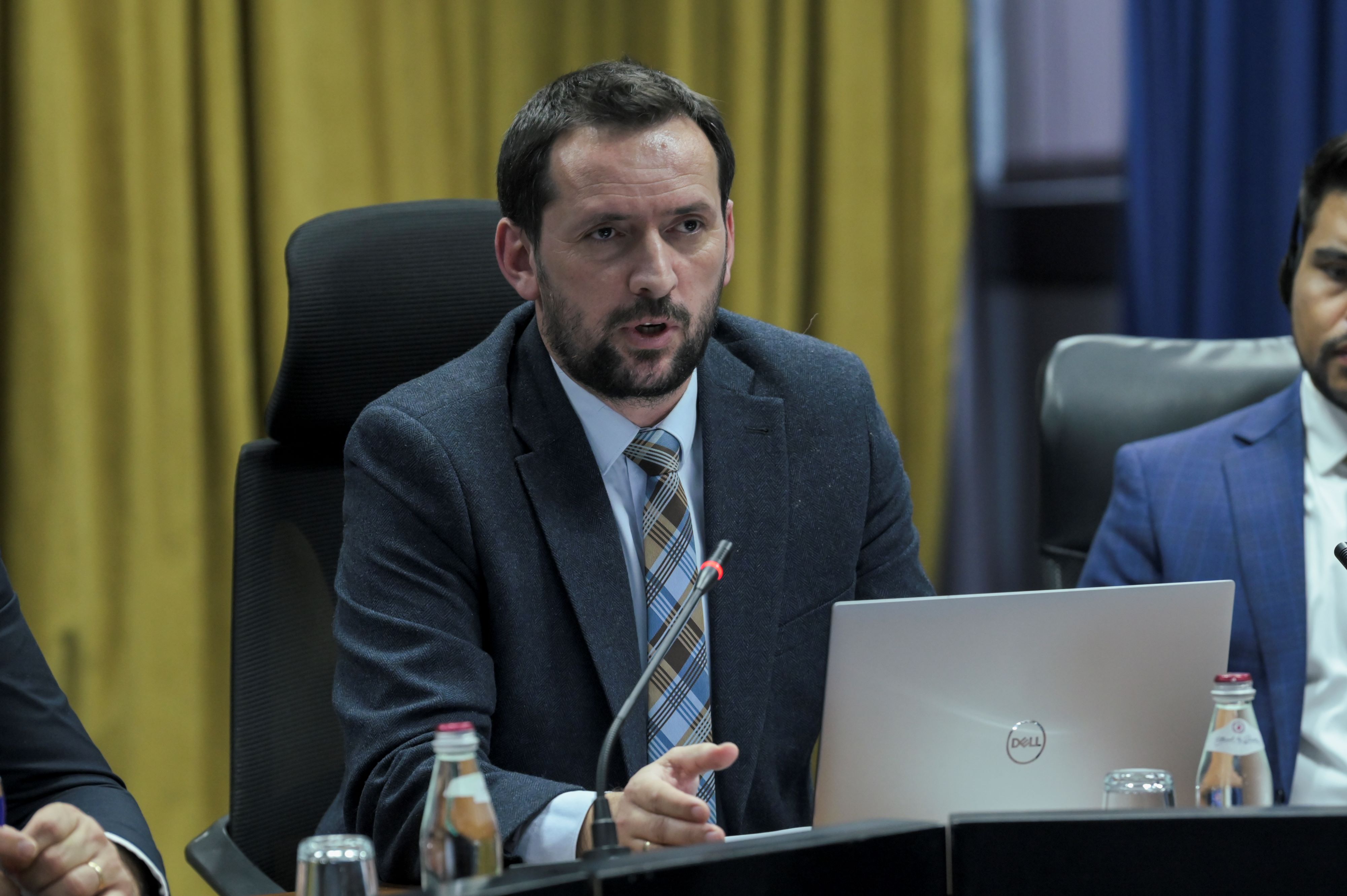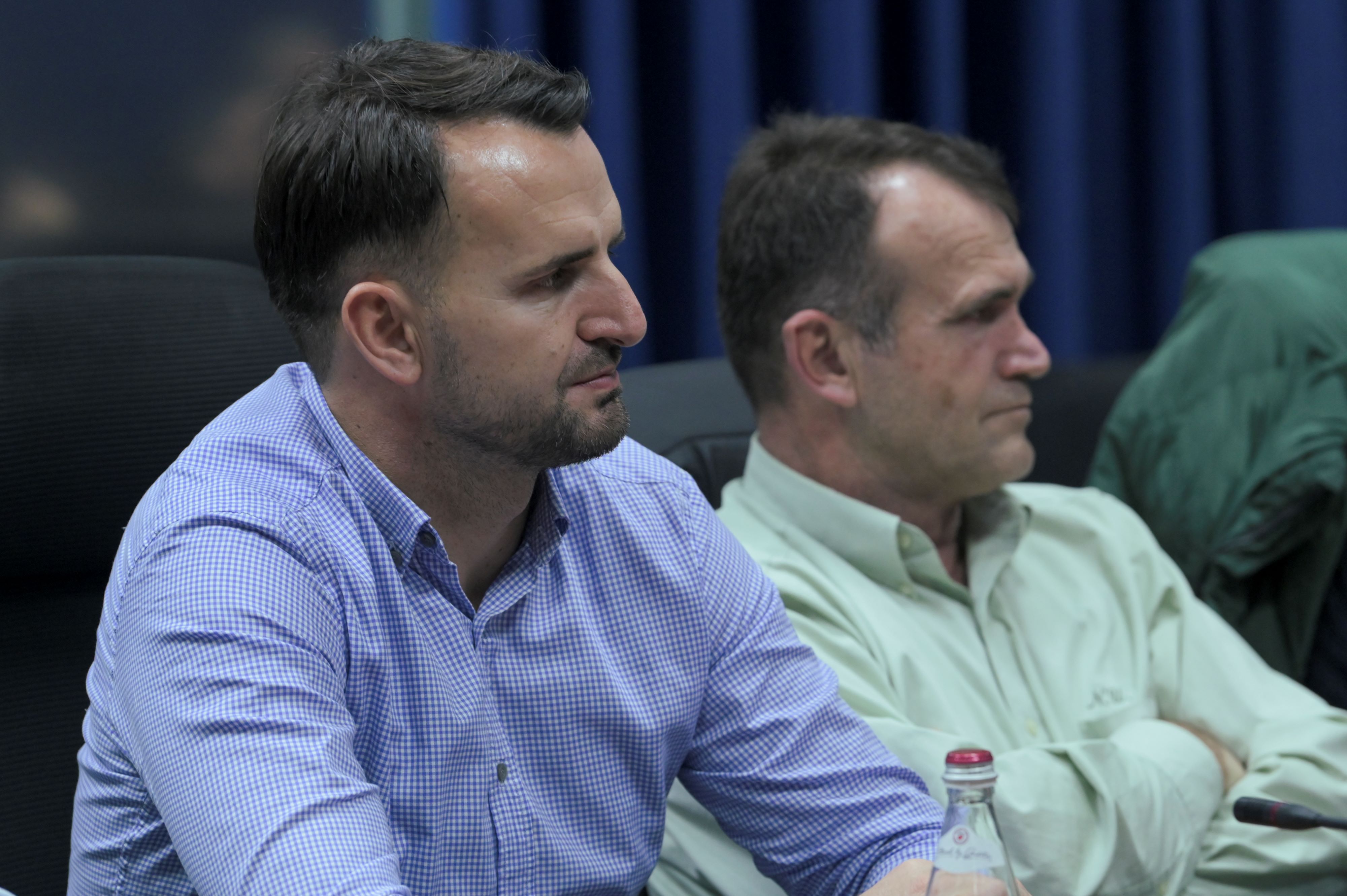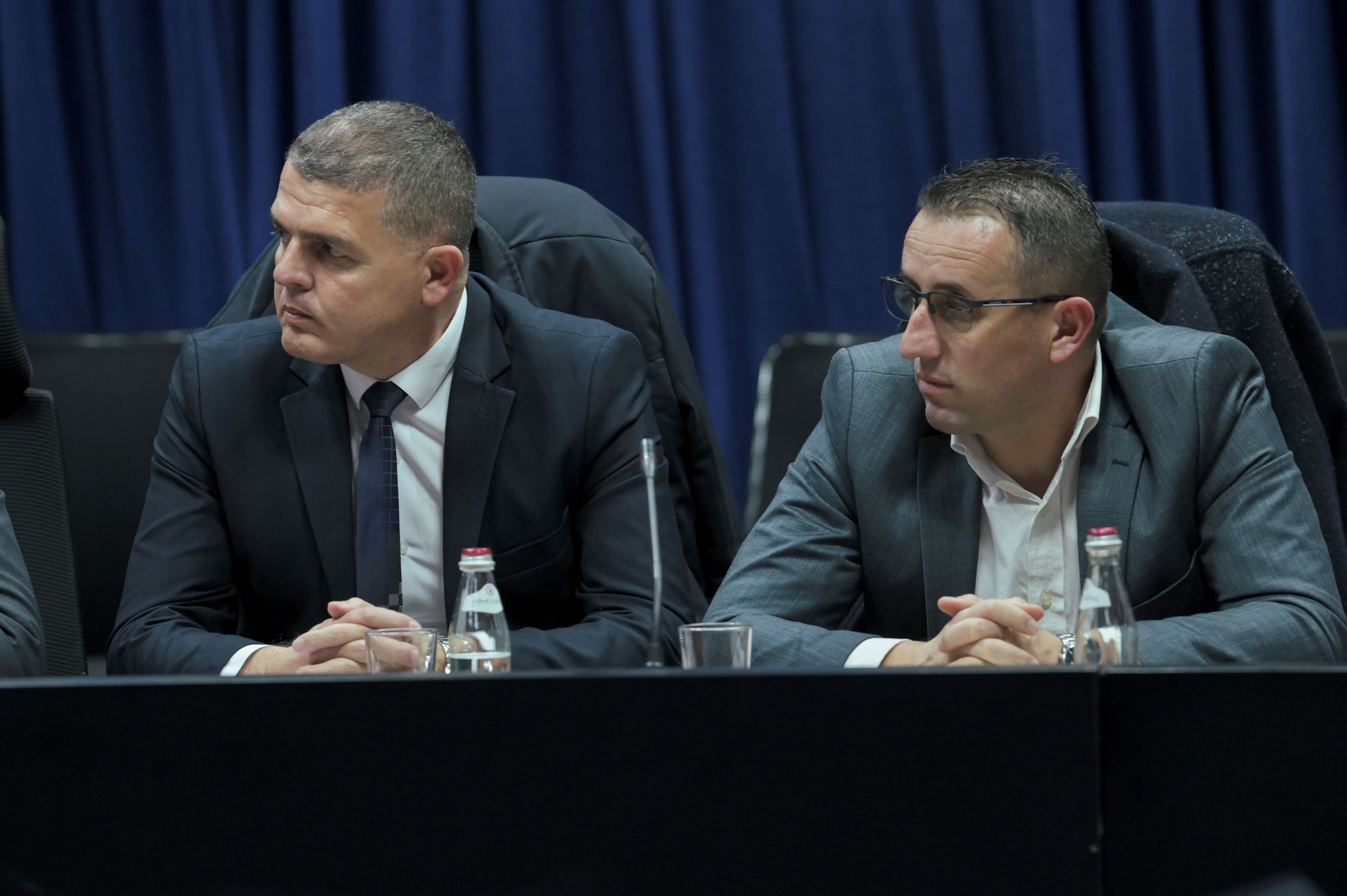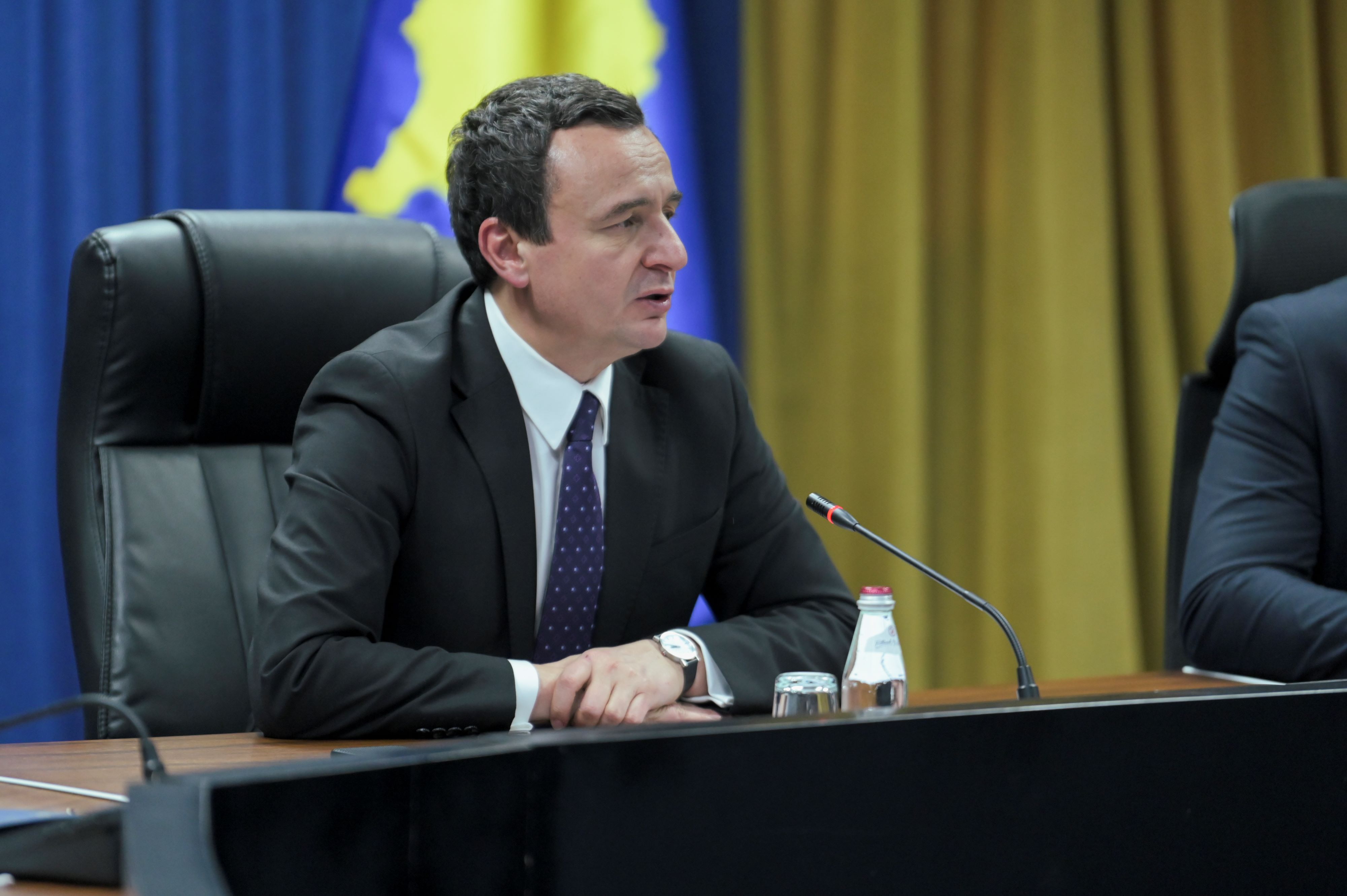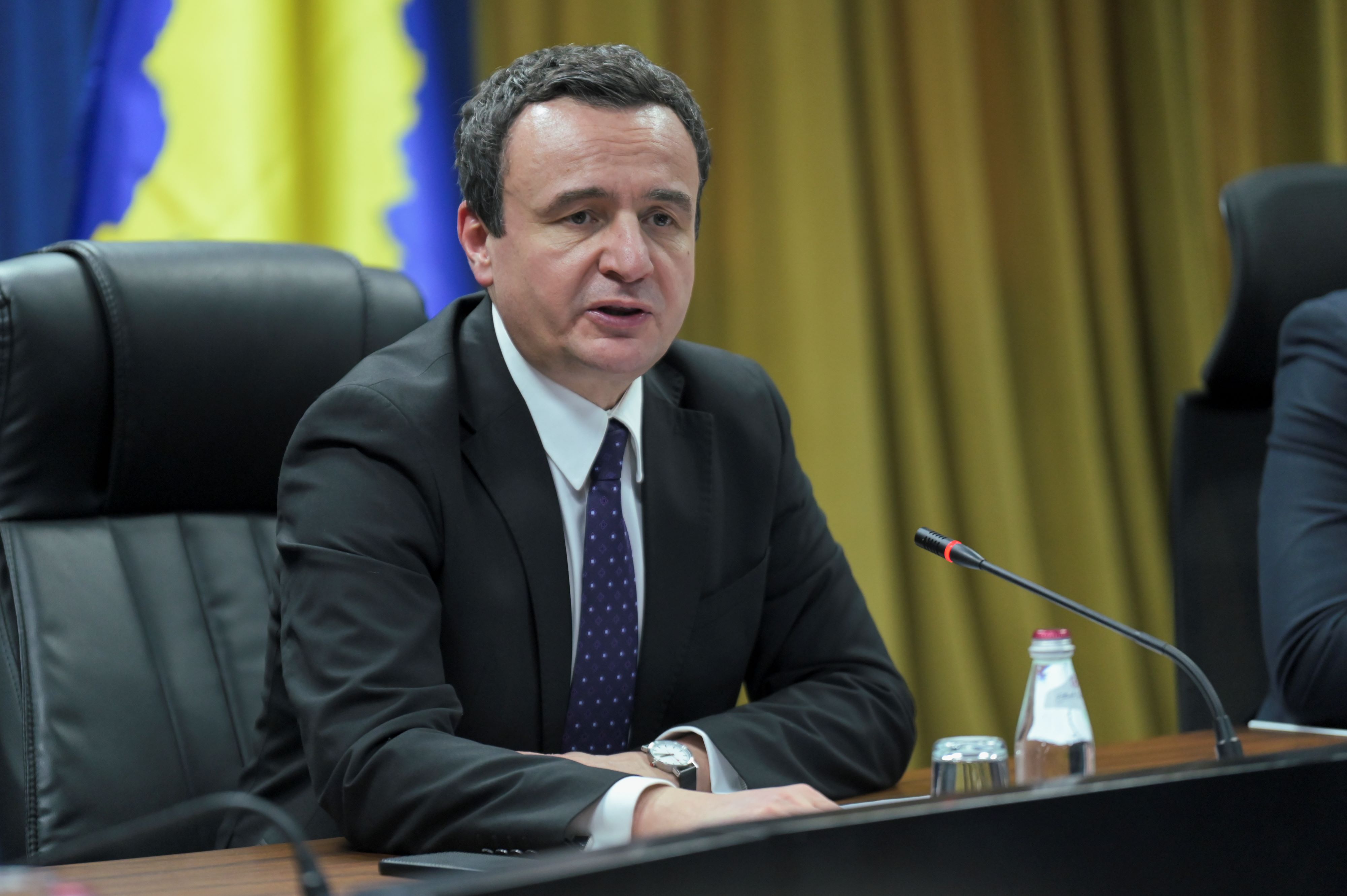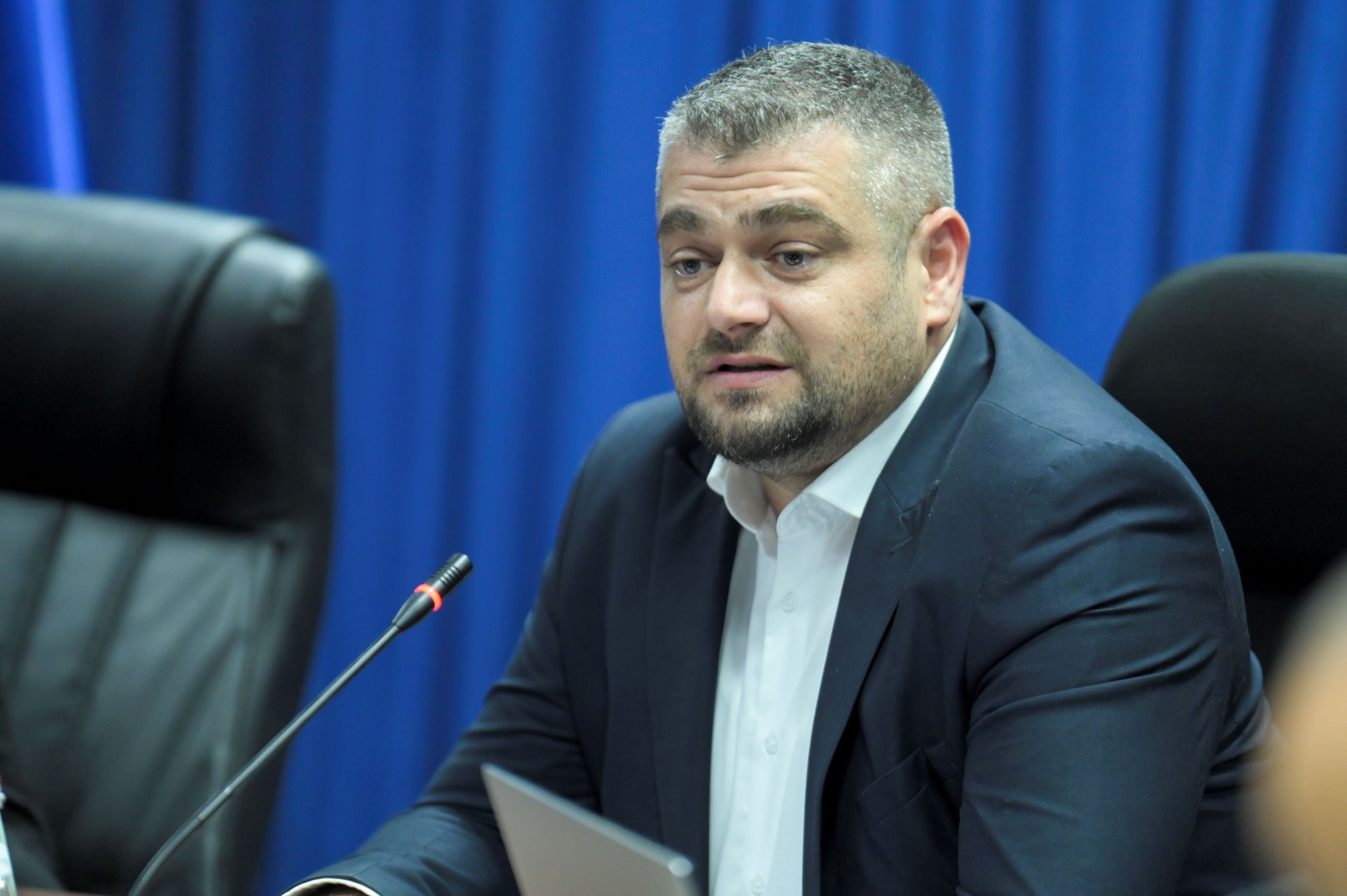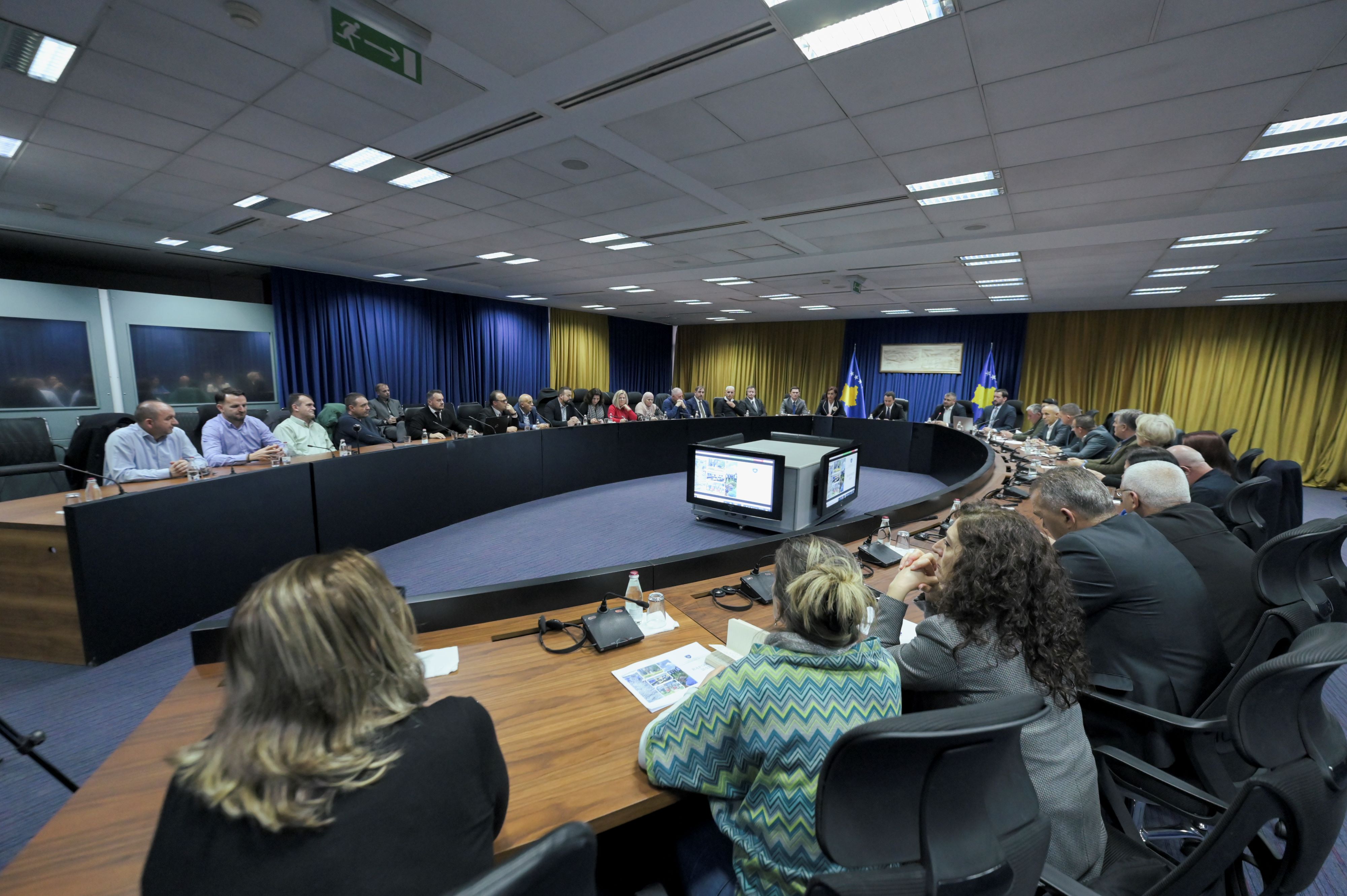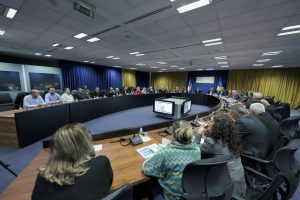Prishtina, 22 December, 2023
The Governmental Commission for Missing Persons presented today the 2023 annual report, in which case the work, challenges and cooperation with local and international partners were presented, within the framework of the process for clarifying the fate of forcibly disappeared persons.
During his speech, the Prime Minister of the Republic of Kosovo, Albin Kurti, said that the issue of persons forcibly disappeared during the war in Kosovo is a current and permanent issue until its complete resolution.
“The lack of answers to the fate and location of more than 1,600 missing persons makes the lives of families difficult and the normalization of relations between Kosovo and Serbia. Even 24 years after the war, we live in the anxiety of waiting. Those many open, empty graves, all over Kosovo, where we no longer have your loved ones, our most loved ones, are great evidence of the genocide in Serbia,” he said.
Not only the persons forcibly disappeared during the war, but also their families are victims of this continuous crime, said the prime minister, this crime, according to him, exceeds the dimension of the concern of their families, being the concern of the whole of Kosovo. Because the issue of those forcibly disappeared during the war is not a statistical issue, but a national, state and humanitarian problem.
Thanking everyone for the support throughout the year regarding the clarification of the fate of the missing, the Chairman of the Commission for Missing Persons, Andin Hoti, said that this multiplies the impact of our commitments by achieving the common goal we have, being that this process is a joint process of ours with a wide scope, national interest and humanitarian purpose.
Prime Minister Kurti’s complete speech:
Thank you very much Andin, good afternoon to everyone who has come today to this very important meeting as a summary of the year.
Dear Ms. Emilija Rexhepi, Deputy Prime Minister of the Government of the Republic of Kosovo for Minorities and Human Rights Affairs,
Dear Andin Hoti, Chairman of the Government Commission for Missing Persons,
Dear Mr. Agon Dobruna, Deputy Minister of Finance, Labor and Transfers,
Dear Mr. Ahmet Grajçevci, Chairman of the Coordinating Council of the Family Associations of the Disappeared in Kosovo,
Dear representatives of the associations of family members of missing persons,
Dear representatives of the embassies of friendly countries here in the Republic of Kosovo,
Dear representatives of the Police Department for the investigation of war crimes,
Dear representatives of the Institute of Forensic Medicine,
Dear representatives of international organizations,
Dear attendees,
Ladies and gentleman,
The issue of persons forcibly disappeared during the war in Kosovo is a current and permanent issue until its complete resolution.
The lack of answers to the fate and location of more than 1,600 missing persons makes life difficult for families and the normalization of relations between Kosovo and Serbia. Even 24 years after the war, we live in the anxiety of waiting. Those many open, empty graves, all over Kosovo, where we no longer have your loved ones, our most loved ones, are great evidence of the genocide in Serbia.
Not only the persons forcibly disappeared during the war, but also their families are victims of this ongoing crime. This crime exceeds the dimension of the concern of their families, being the concern of Kosovo as a whole. Because the issue of those forcibly disappeared during the war is not a statistical issue, but a national, state and humanitarian problem.
More than 950 Albanians have been exhumed from the mass cemeteries of Batajnica, Kizhevak, Rudnica, Bajnabashte and Petrovosello, Peruçaci in Serbia.
On April 22 of this year, Armed Forces Day was celebrated in Batajnica, where military exercises were organized. Under the police firing range in Batajnica, the bodies of 744 Kosovo Albanians were found in a mass grave. The bodies that were buried in Kosovo were then exhumed and transported to Serbia for reburial in an attempt to hide the evidence of crimes committed during the war.
Among those bodies were 46 members of the Berisha family; 14 of them under the age of 15, among them two babies and a pregnant woman. Near the mass grave, there is no commemorative plaque, almost nothing happened there.
Serbia must admit its past crimes in Kosovo. The crimes committed as part of the genocidal project for the extermination of Albanians, called “Horseshoe”.The commitment of the international factor is necessary for the implementation of the Declaration adopted on May 2, 2023 in Brussels, for persons forcibly disappeared during the war.
With the adoption of this declaration, after 24 years, Serbia for the first time agreed, through an official document, to provide full access to information, including those with classified status, that help find missing persons.
The approved declaration is the first step, which necessarily requires supervision and pressure from international factors on Serbia, for the implementation of the obligations received, until the fate of more than 1600 missing persons in Kosovo is clarified. Therefore, even today, we reiterate the urgent need for additional efforts, to alleviate the suffering of families, and to heal this open and still unhealed wound for our society and state.
Dear attendees,
During this year, within the territory of the Republic of Kosovo, we have had excavations in 15 locations, which are related to the process of clarifying the fate of missing persons. In order to confirm the number and identity of the exhumed, it is necessary to complete the procedures, forensic examinations and identification through scientific DNA analysis, which will be followed by informing the family members and the public.
In the service of truth and justice, we have approved the new structure in the Kosovo Police, raising it from the sector to the level of the Directorate for the Investigation of War Crimes, which will have 41 investigators. We have established the Institute for the Research of Crimes Committed during the War, while we will soon adopt the Strategy for Transitional Justice.
The Republic of Kosovo joined the International Commission on Missing Persons (ICMP). This membership is also a concretized initiative in the service of elucidating the fate and location of persons forcibly disappeared during the war in Kosovo. We appreciate the support and cooperation with the International Red Cross, the International Commission on Missing Persons and all international partners in joint efforts.
We will continue to work closely with all institutions and organizations for transitional justice processes that are inclusive and victim-centered.
The commitment of the Government of the Republic of Kosovo to justice for the crimes committed during the war and to the illumination of the truth remains unwavering.
Thank you.

